AO Edited
Fourier's Fourth Apple
A giant silver apple a day keeps the perils of capitalism away.
A marble plinth dedicated to Charles Fourier (1772-1837) sits in the Place de Clichy within Paris’ 9th arrondissement. What sits atop the plinth, however, is not a statue of the father of utopian socialist theory; instead, a giant silver apple with the countries of the world etched into its reflective surface sits in his place.
A bronze statue of Fourier’s likeness did once stand proudly atop the monument. The thinker and writer gained notoriety throughout the early 19th century for proclaiming what were, at the time, radical notions: he questioned the cult of industrial labor, espoused socialist ideals, and coined the term “feminism.” One of his less radical views—again, given the time—framed Jews as regressive and uncivilized. Ironically, during the Occupation of 1942, it was Nazis who tore down his statue to melt it into ammunition.
In 1969, young social revolutionaries re-erected a statue of Fourier on his original plinth at the onset of a general strike, though the statue was taken down days later. In 2007, a separate radical group would attempt the same thing, only when authorities took down Fourier for the now third time, they concurrently issued a competition to finally—and officially—replace it. Frank Scurti’s The Fourth Apple won that prize, and the apple has rested there, shining, ever since.
The apple symbolizes an idea that sparked Fourier’s core critique of industrial society. At some point in the early 19th century, he realized that an apple in Paris cost many times more what an apple in his hometown of Besançon cost. As the apple changed hands from farmer to seller to reseller and so on, it gained exponential value at no gain to the man or woman who actually grew the fruit. This inequity was the “fundamental disorder,” as he wrote, of any industrialized society.
Scurti’s sculpture placed Fourier’s apple in a long line of paradigm-shifting fruit. If Eve’s apple were the first, Paris and Venus’ the second, and Newton’s the third, then Fourier’s unjustifiably expensive Parisian apple—an innocent morsel that birthed a body of socialist literature that would become compulsory reading for several generations of free thinkers—was surely the fourth.

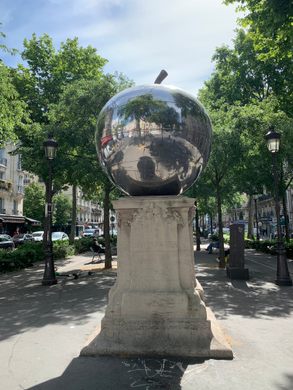
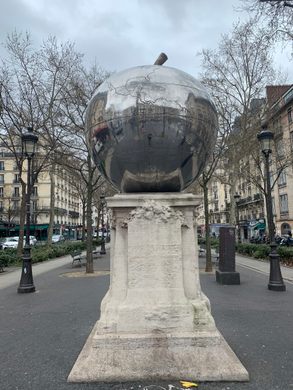
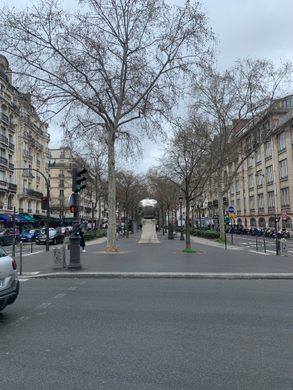

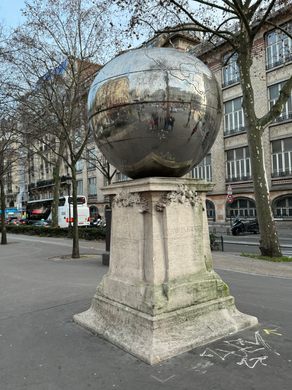
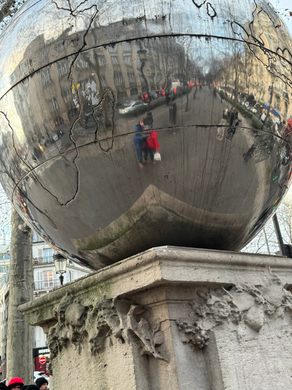



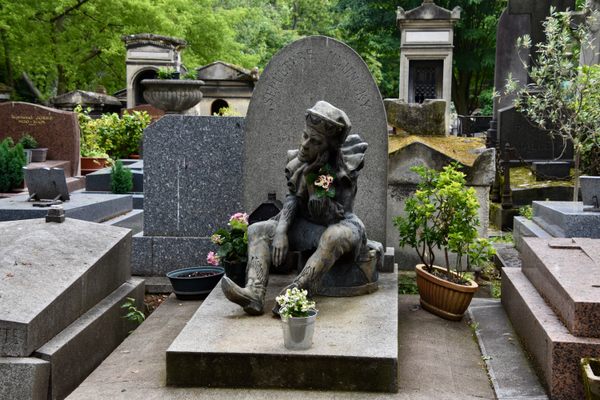

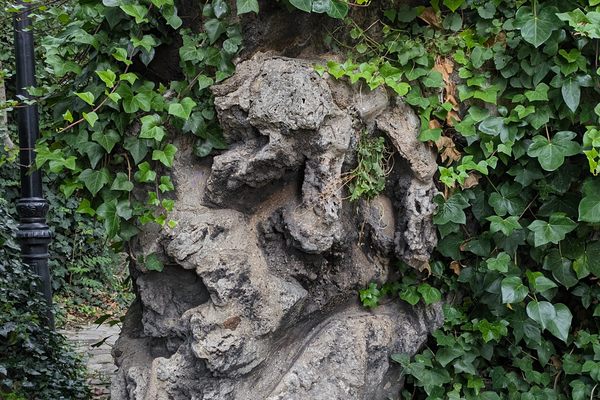





Follow us on Twitter to get the latest on the world's hidden wonders.
Like us on Facebook to get the latest on the world's hidden wonders.
Follow us on Twitter Like us on Facebook